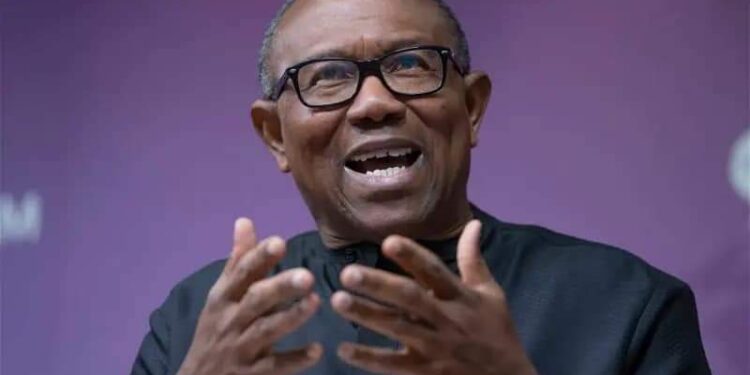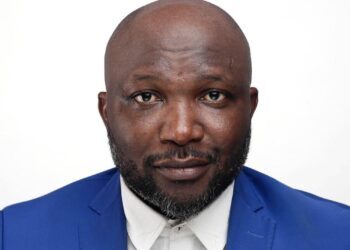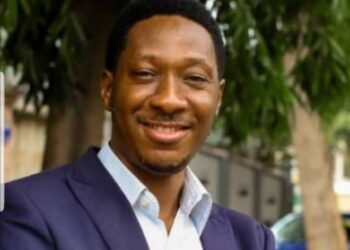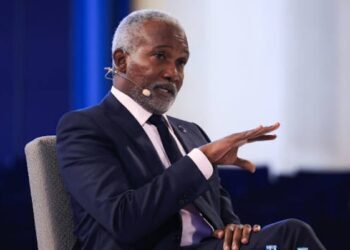The Northern Awareness Network (NAN), as released a statement describing as absurd abd comical the recent comparison made by Peter Obi, the Labour Party’s defeated presidential candidate in Nigeria’s 2023 elections, between the electoral processes of Nigeria and South Africa.
The NAN chairman, Salihu Suleiman, emphasized in the statement that the two nations have vastly different political histories and contexts, making any such comparisons by Peter Obi unreasonable and misleading.
“South Africa has a long history of democracy, having gone through significant political reform and transformation over several decades of practice. On the other hand, Nigeria only transitioned to democracy in 1999 after years of military rule,” explained Suleiman.
He argued that Peter Obi’s attempt to juxtapose the electoral experiences of these two countries demonstrates a lack of understanding of their respective political landscapes.
“It is clear that Peter Obi’s attempt to compare the electoral processes of South Africa and Nigeria is quite ridiculous,” he said. “The two countries are at different stages of democratic development, and it would be more prudent to focus on addressing the specific challenges facing the Nigerian electoral system rather than drawing unwarranted comparisons.”
NAN pointed out that the Nigerian electoral system is still in its infancy and that comparing it to South Africa’s more mature democracy is not only inaccurate but also unfair to the people of Nigeria, who have been working diligently to build a functioning democracy.
Despite the challenges confronted by Nigeria’s Independent National Electoral Commission (INEC), NAN commended the commission for its commendable strides in ensuring the conduct of credible, free, and fair elections. Over the past 27 years, Nigeria has enjoyed uninterrupted democracy and peaceful transitions, a testament to INEC’s commitment to upholding democratic principles.
“INEC has taken proactive measures to address these challenges by implementing various reforms and adopting new technologies to ensure transparency and accountability in the electoral process,” Suleiman noted.
He highlighted Nigeria’s vast geographical expanse and extensive population as significant challenges to conducting elections smoothly, yet acknowledged INEC’s innovations in logistical planning and collaborations with relevant stakeholders to meet these challenges effectively.
Further illustrating INEC’s progress, NAN pointed to the enhancement of voter education and public awareness campaigns, which have increased civic participation and informed voters about their rights and responsibilities. Using social media, radio, and television, INEC has managed to reach millions of Nigerians, providing comprehensive electoral education.
In an admonition to Peter Obi, NAN detailed South Africa’s historical and recent electoral irregularities, underscoring that the country has faced its own significant electoral challenges. “During the apartheid era, elections were manipulated to disenfranchise the majority of the population. Post-apartheid, South Africa has still encountered issues such as voter fraud, ballot tampering, voter intimidation, and questionable campaign financing.
“In recent years, there have been concerns about the influence of money in politics, with allegations of illicit campaign financing and corruption. The 2019 elections were marred by reports of double voting and discrepancies in the voter registration process,” NAN said, emphasizing that neither country is free from electoral issues.
Suleiman called on Nigerian politicians, including Peter Obi, to acknowledge the unique challenges facing Nigeria’s electoral system and work towards addressing them instead of making false equivalences with countries that have a more entrenched democratic tradition.
He called for a focus on constructive measures to improve Nigeria’s electoral system and encourages political leaders to acknowledge and address these challenges head-on rather than resorting to impractical comparisons.











